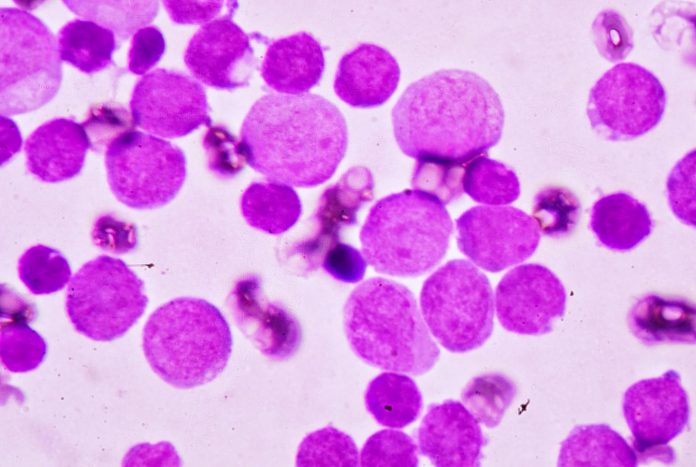A newly approved oral drug, Onureg, can improve survival for older adults with acute myeloid leukemia.
Acute myeloid leukemia (AML) is a cancer of the bone marrow that results in the production of abnormal blood cells. It is one of the most common types of leukemia in adults. Moreover, the five-year survival rate for those over 60 years of age is only 10%. Treatment usually involves chemotherapy sessions followed by post-remission maintenance therapy. However, older adults are unable to tolerate some of the post-remission treatments such as radiation and bone marrow transplants. Thus, resulting in relapse and reducing chances of survival.
After intensive chemotherapy, the risk of AML relapse is high. Many older patients are not eligible to receive a stem cell transplant and so a less toxic option to reduce disease recurrence is desirable, rather than just being monitored and waiting for the disease to come back.
Professor Andrew Wei, study author
Now, researchers have come up with a solution in the form of a common cancer drug called azacitidine; known by the brand name, Onureg. The team of researchers conducted a clinical trial, investigating the use of Onureg as maintenance therapy in patients with AML. They published their results in the New England Journal of Medicine.
The QUAZAR Study
The phase 3 clinical trial, also known as the QUAZAR study, included participants from across 23 countries. The global trial followed 472 AML patients, with an average age of 68 years, in remission following chemotherapy. Half received a placebo, while the other half received 300mg of the drug, also called CC-486, for two weeks every month.
Compared to the placebo group, those who received the drug had a longer overall survival; almost 10 months longer. Additionally, the drug group also had longer relapse-free survival. Surprisingly, both groups tolerated the side-effects well. And the overall quality of life was maintained.
Our findings show that CC-486 significantly delays the recurrence of the disease, thereby prolonging survival and without impacting on the quality of life. This is a very significant advance because the drug is easy to administer and means that adults with AML don’t have to spend extra time in the hospital
Professor Andrew Wei, study author
The recently-FDA approved drug is now being adopted as part of standard care for patients with acute myeloid leukemia who are in remission.
Reference:
Wei, Andrew H., et al. “Oral Azacitidine Maintenance Therapy for Acute Myeloid Leukemia in First Remission.” New England Journal of Medicine, vol. 383, no. 26, 2020, pp. 2526–2537., doi:10.1056/nejmoa2004444.




